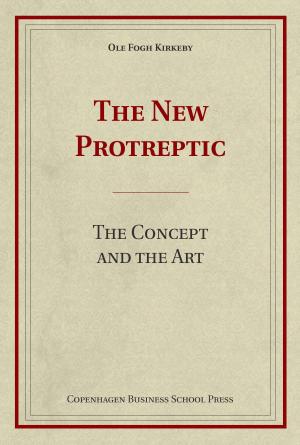So-called technologies of intimacy - coaching is a prime example - enable management to expropriate the personal lives of knowledge workers for the use of the firm. This produces desperation, stress, and cynicism.
As an antidote, protreptic dialogue is about realizing the deepest inherent values that control our lives and in the context of management, it requires addressing members of organizations not as employees, but as a human beings.
First articulated in ancient Greece in the fourth century, protreptic dialogue is a means of direct exhortation to pursue a just life by addressing core values: the good, the just, the true, and the beautiful, and hence involving attitudes such as generosity, decency, honesty, and empathy.
While this form of dialogue has informed philosophers, lawyers, political theorists, and humanists since the Renaissance, and developed and shaped the European tradition of consulting and mentoring through the nineteenth century, it is important to conceive of the protreptic in contemporary terms.
This has become especially apparent in light of the recent international financial downturn, as this type of structural crisis can only be met through innovation, which by definition a social enterprise demands open and committed dialogue.
Leadership is required to meet the great task of mastering this dialogue and to set people free. The protreptic allows for the possibility of a totally new approach to organizational communication and it evades the traps of shallowness and instrumentalism that have begun to dominate value-based management and corporate branding.
Protreptic dialogue offers the possibility for both the leader and the employee to know themselves through reflective cooperation on the basis of a well-examined life. It is the necessary condition of genuine leadership, which we need now more than ever.



